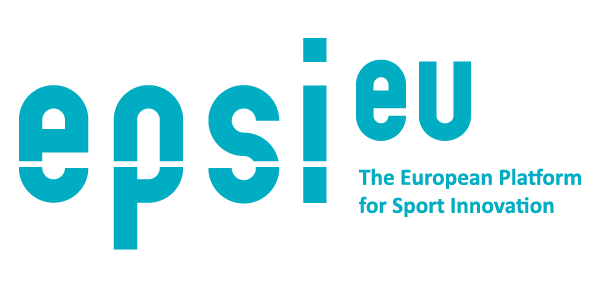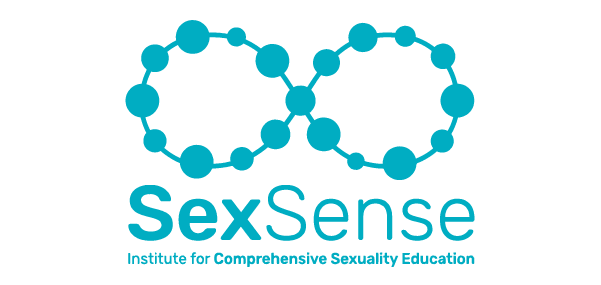Mental well-being is crucial to overall health, encompassing the capacity to recognize one’s potential, to manage life’s stresses, and to participate in community life actively. Youth sports offer an environment that can be nurturing and conducive to both physical and mental well-being. However, it is important to acknowledge that various psychosocial stressors and negative experiences may also be part of this context. While sports can support development, they may also reinforce stress, gender stereotypes, and inequality; particularly, girls and gender-diverse youth often face additional barriers, discrimination, and limited access to support. Children, especially young athletes, face increasing mental health challenges such as performance pressure and academic stress. Competitive environments can lead to anxiety, burnout, and emotional fatigue from an early age.
MINDFIT promotes a holistic, rights-based approach to children’s mental fitness and early intervention in Cyprus, Greece and Italy. The project aims to address the challenges faced by children, particularly young athletes, and provide recommendations for the formation of policies to safeguard the mental health and resilience of children.
The project’s specific objectives are the following:
- To cultivate an inclusive environment through engagement with diverse stakeholders, enabling dialogue and co-creation that address the mental health needs of young athletes.
- To facilitate an exchange of knowledge across borders and disciplines, sharing best practices on mental fitness and support mechanisms in sports and educational contexts.
- To ensure alignment with European mental health strategies and principles, encouraging the adoption of mental health support practices across sports organizations.
- To enhance the expertise of national, regional, and local authorities in delivering mental health support to children and young people through targeted training and capacity-building activities.
- To promote awareness and shared responsibility in youth mental health via a series of mainstream and social media campaigns, as well as podcasts with multiple relevant stakeholders.
Target Groups
MINDFIT focuses on promoting mental health in sports, targeting young athletes (ages 8–18) as the primary group, with age-specific tools and an engaging application.
It also supports adults and professionals —such as coaches, educators, and parents—who interact with these youth, equipping them with training and tools to foster a mentally supportive environment.
Indirect beneficiaries include organizations and institutions in mental health, sports, education, and policymaking, who can adopt MINDFIT’s approaches to enhance systemic support for youth mental well-being.
MINDFIT at a glance
- WP1 – Management and Coordination of all project activities, including Data Management, knowledge protection and child protection policy, internal evaluation and quality assurance, and project meetings to ensure timely delivery within scope and budget, with full partner and European Commission alignment.
- WP2 – Development of MINDFIT Educational Materials and Tools: Primary research involving both adult stakeholders and children/youth through Local Forums in Cyprus, Greece, and Italy with a minimum of 10 children/youth and 10 adult stakeholders. Design, production, and pilot testing of mental fitness educational content, including psychosocial support tools, specifically tailored for children facing mental health challenges.
- WP3 – Application Design, Development, and Pilot: Creation of an age-appropriate digital application (app) offering access to project materials and support features. The app will include interactive elements and feedback tools, with usability tested by children, families, educators, and professionals. The app will be available in EN, EL, IT.
- WP4 – Implementation, Impact Assessment, and Policy Recommendations: Roll-out of materials and the application in real-world settings, evaluation of effectiveness using multidisciplinary methods, and development of actionable policy guidance and local action plans in collaboration with public authorities.
- WP5 – Communication, Dissemination, and Networking: Ongoing outreach at all levels to share findings, promote stakeholder engagement, and ensure sustainability and replication of the project’s key outcomes. Mainstream and social media campaign, recruitment and involvement of ambassadors, MINDFIT podcast series, and a final conference.





